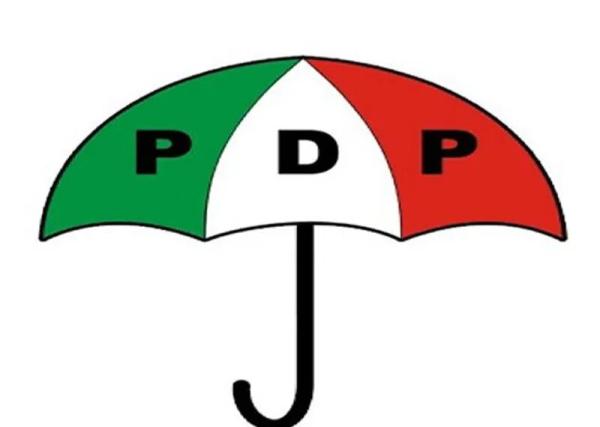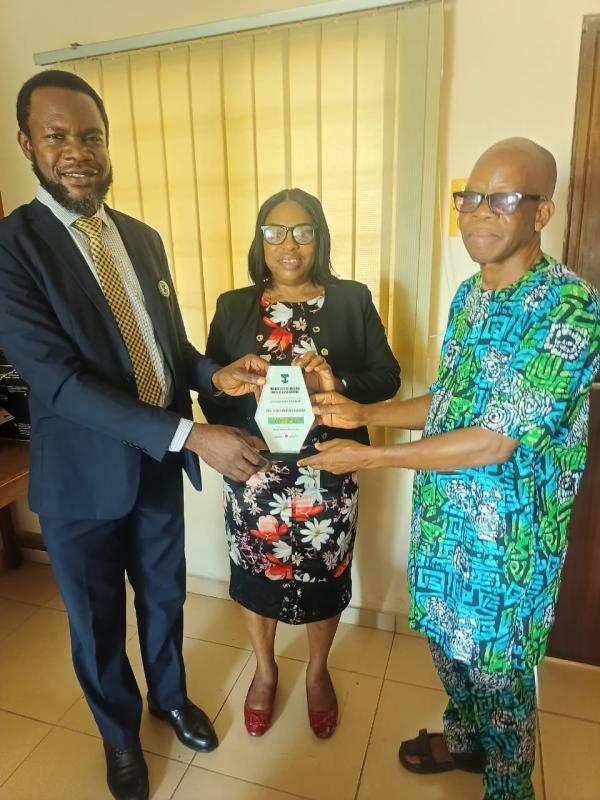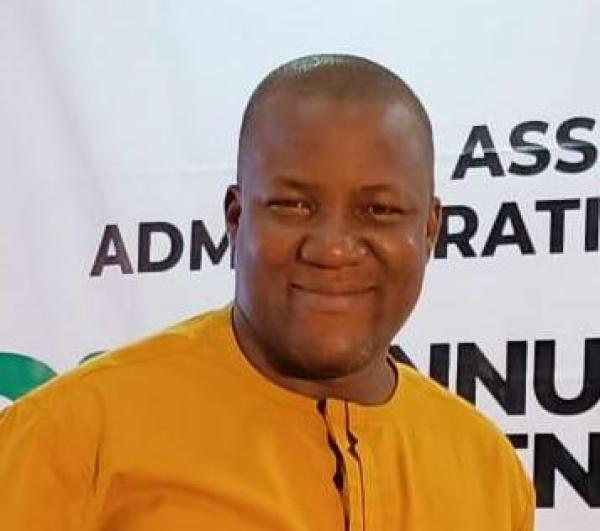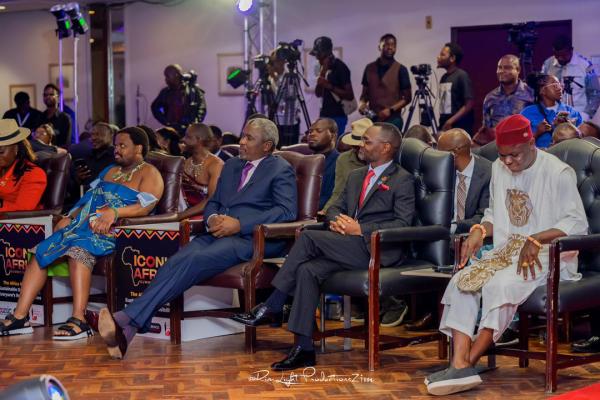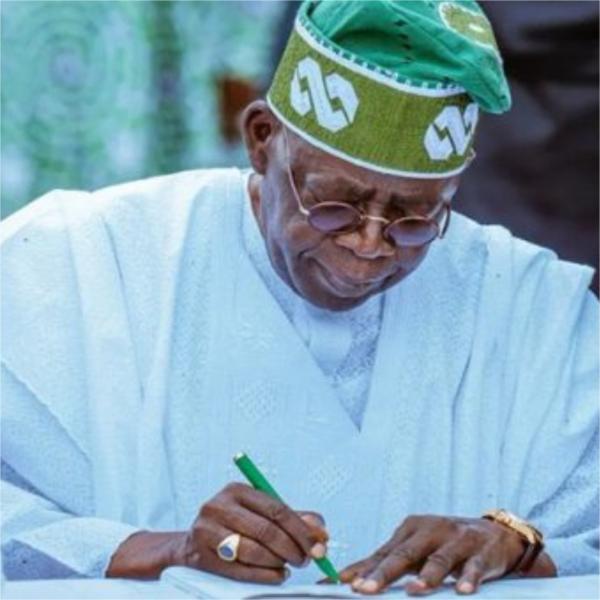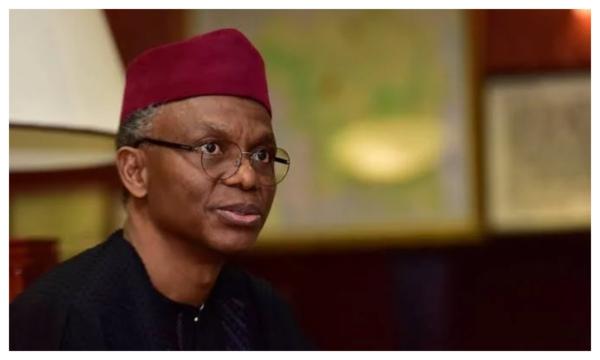
A court in Uganda has sentenced Edward Awebwa, 24, a tiktoker to six years in prison for insulting President Yoweri Museveni, First Lady Janet Museveni, and their son Muhoozi Kainerugaba in a TikTok video.
The charges included hate speech and spreading “misleading and malicious” information against the first family, as reported by BBC.
Awebwa had shared content alleging a rise in taxes under President Museveni’s administration.
Despite pleading guilty and asking for forgiveness, the presiding magistrate, Stella Maris Amabilis, noted Awebwa’s lack of remorse and the vulgar nature of his language.
She emphasized the need for a punitive measure that would teach him to respect the president and his family.
“The accused deserves a punishment which will enable him to learn from his past so that next time he will respect the person of the president, the first lady, and the first son,” said Magistrate Amabilis.
Awebwa received a six-year sentence for each of the four charges, to be served concurrently.
This case has drawn attention from rights groups, who frequently criticize Ugandan authorities for human rights violations and curbing freedom of expression.
In a similar case, award-winning author Kakwenza Rukirabashaija was charged in 2022 with “offensive communication” after making unflattering remarks about the president and his son on Twitter.
Rukirabashaija fled to Germany after a month in jail, claiming he was tortured.
Activist and writer Stella Nyanzi, who is also in exile, faced imprisonment after publishing a critical poem about President Museveni.
President Museveni, who has been in power since 1986, signed a law against hate speech in 2022, which rights groups argue is designed to suppress online freedom of speech.
While the constitutional court later ruled a section of the law penalizing “offensive communication” unconstitutional, Awebwa was charged under the broader law still under challenge.
Ugandan human rights lawyer Michael Aboneka argued that the president and his family should expect criticism from the public.
“Unless they are saying that they are going to arrest every Ugandan for criticizing them at every point,” Aboneka told the BBC Newsday program.












